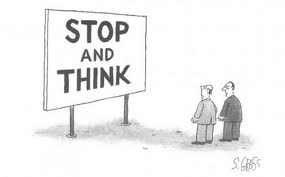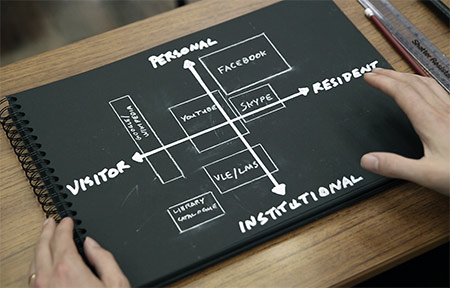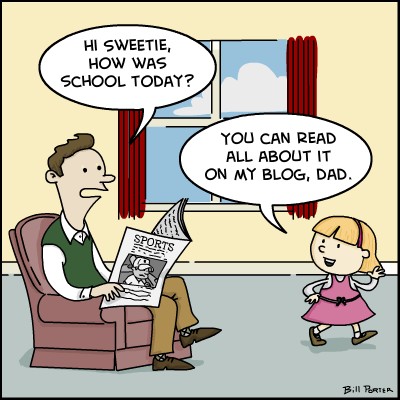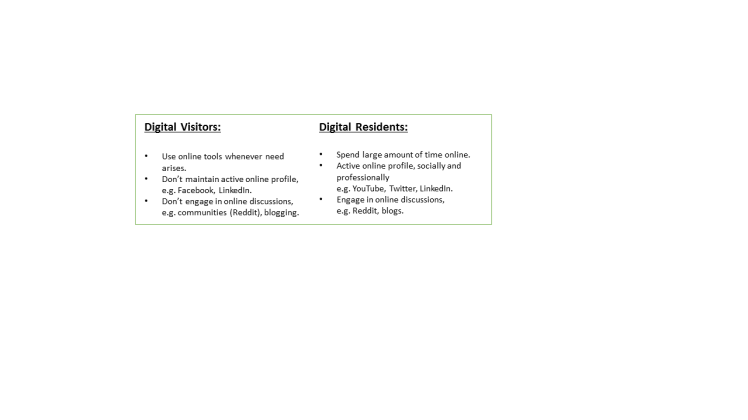
Reflection: Do we need more?
The topic of Digital visitors and residents posed many hurdles, despite the concepts themselves being fairly unchallenging to understand. The stand out factor when comparing everyone’s blog posts was the lack of variety between them all. I think that whilst White and Cornu’s concept is a nice starting point, there is a lack of further research. The concepts need to be developed in order to provide more evidence.
Continue reading →


















